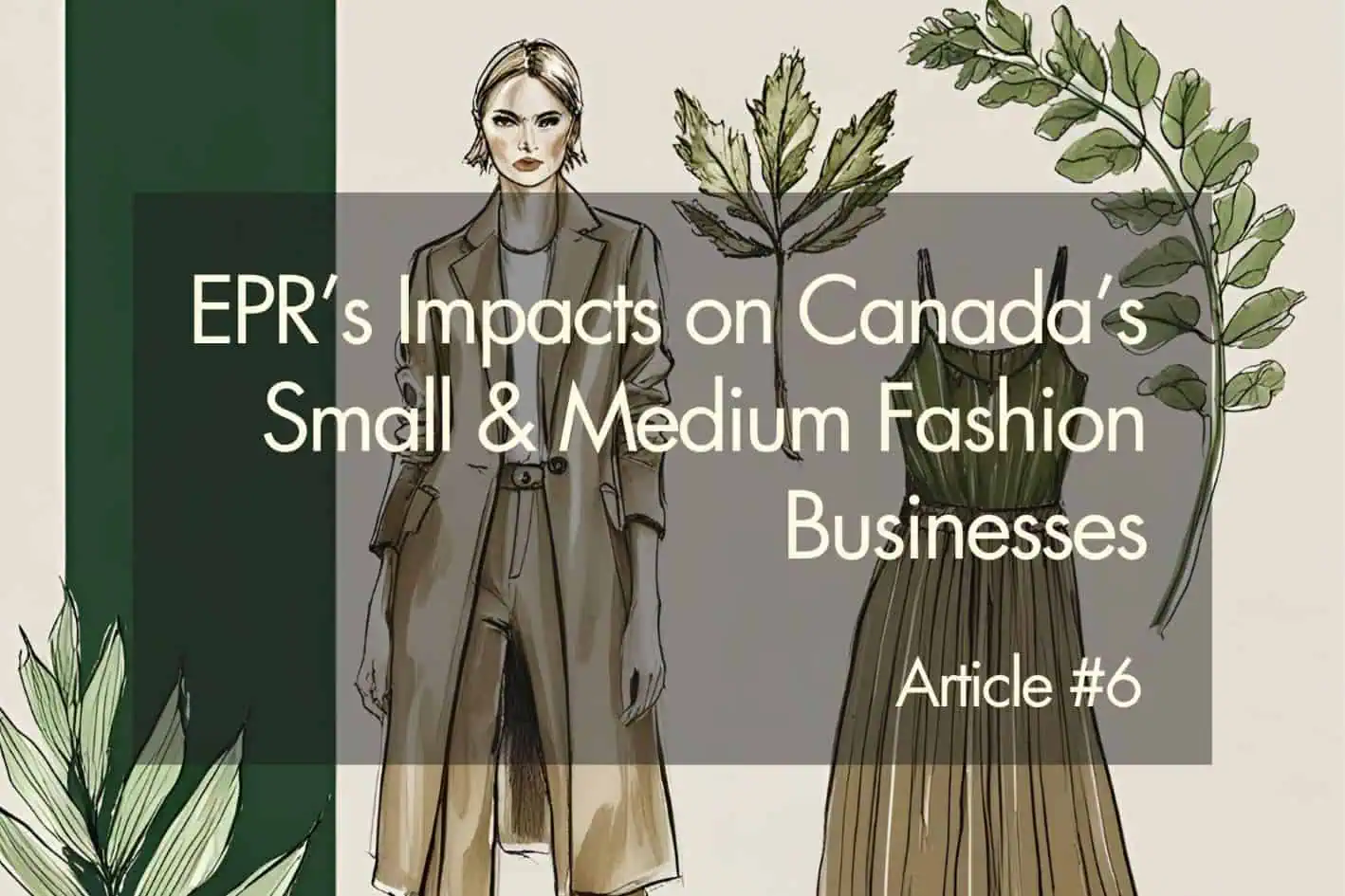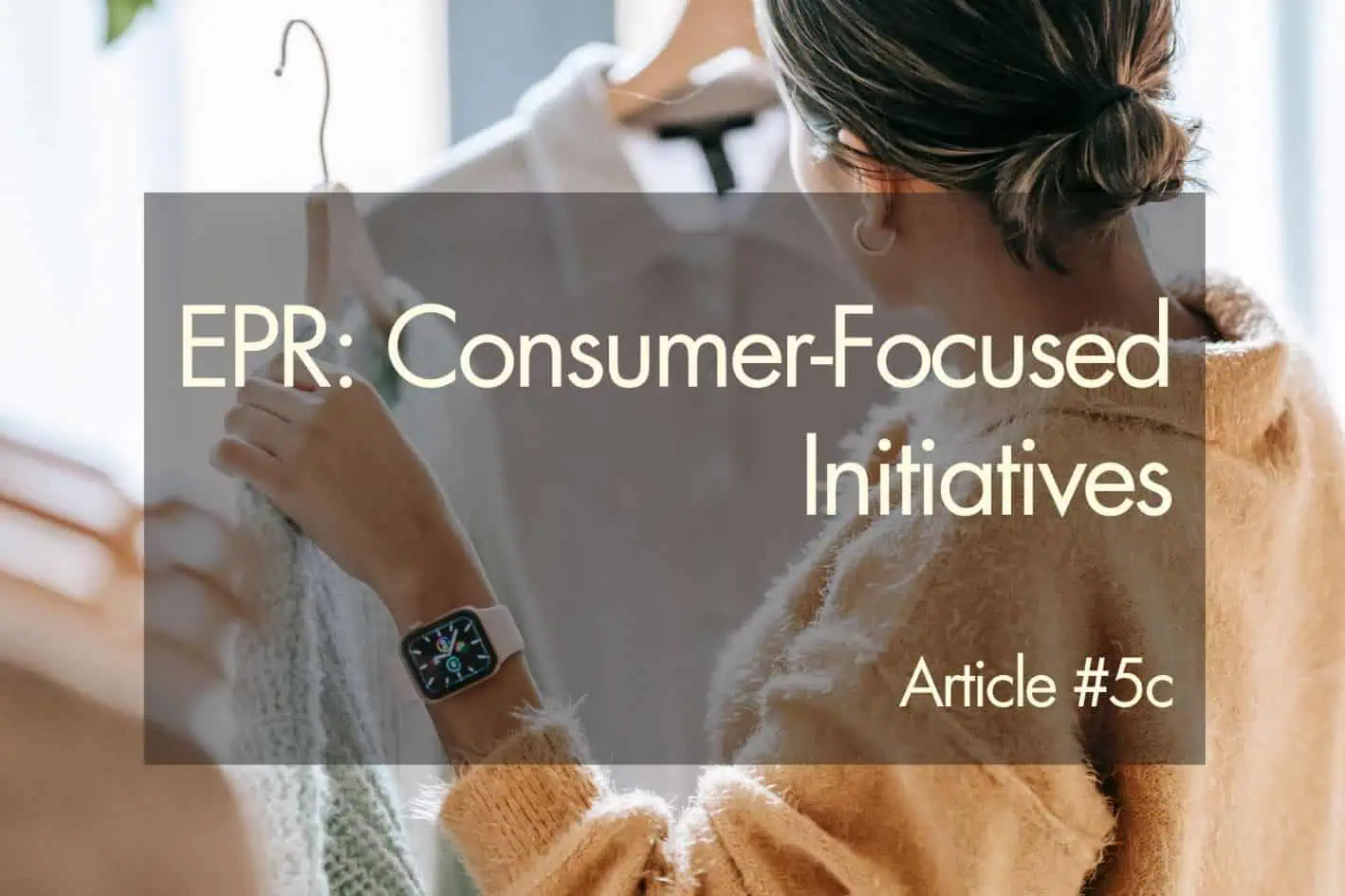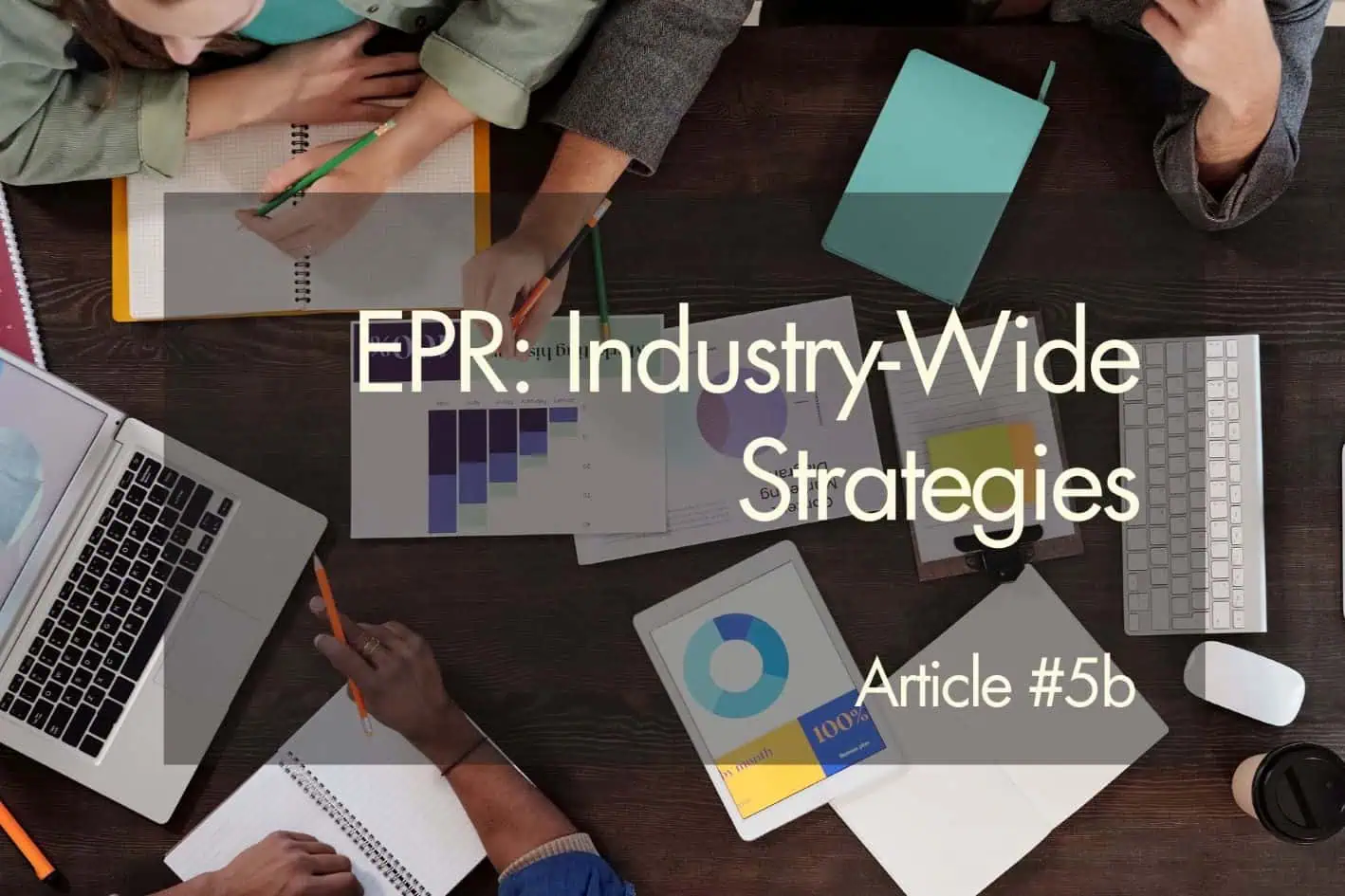Series Introduction
The increasing awareness and alarming rate of environmental degradation have propelled sustainability and climate change to the forefront of global concerns. This heightened awareness stems from a combination of scientific research, advocacy efforts, and visible environmental impacts like extreme weather events, melting glaciers, and rising sea levels.
The fashion industry is recognized as one of the most polluting industries, with global supply chains contributing significantly to water pollution, greenhouse gas emissions, and textile waste (Dahlbo et al., 2020). The fast fashion model exacerbates these issues by promoting rapid turnover of clothing, leading to increased textile waste in landfills and incineration. Addressing these environmental impacts has become imperative for the industry to mitigate its contribution to climate change and environmental degradation.
In response to the pressing environmental concerns posed by the fashion industry, there has been growing discussion surrounding the implementation of an Extended Producer Responsibility (EPR) program. This concept proposes to hold Canadian fashion producers accountable for the entire lifecycle of their products, including disposal and recycling.
However, despite the increasing attention to EPR, there remains a question of whether the industry and the public truly comprehend the implications of such a framework and how it could practically operate within the Canadian fashion landscape.
Over the next few months, we’re breaking it down for you. We’ll be exploring the following topics:
- What is EPR and how does it work
- How does EPR work in other countries and industries
- What is needed to make EPR work in the Canadian Fashion Industry
- Are there any alternatives to EPR
- Impacts of implementing EPR on Canadian Fashion businesses
- Thoughts and commentary from industry professionals
As discussions around EPR in the fashion industry continue to evolve, there is a pressing need for open dialogue and collaboration among industry players, policymakers, environmental advocates, and consumers.
That’s why we want this to be an open discussion, so if you have thoughts or concerns about EPR we encourage you to reach out and be a part of our series.

Deborah King
Deborah is a sustainable fashion expert located in Toronto, Canada. She’s an Industrial Engineer with a post-grad in Sustainable Fashion Production. She grew up on the tiny island of Tortola in the British Virgin Islands, and has been sewing her own clothing since the age of 10. She founded Global Measure to help authentically sustainable and ethical fashion businesses stand out from the greenwashing noise through third-party certification.
References
Aivazidou, E. & Tsolakis, N. (Jan 11, 2019). Water footprint management in the fashion supply chain: A review of emerging trends and research challenges. Retrieved on Mar 1, 2024 from https://www.sciencedirect.com/science/article/abs/pii/B9780081026335000051
Dahlbo, H., Gwilt, A., Niinimäki, K., Perry, P., Peters, G., & Rissanen, T. (April 20, 2020). The environmental price of fast fashion. Retrieved on Mar 1, 2024 from https://www.nature.com/articles/s43017-020-0039-9




